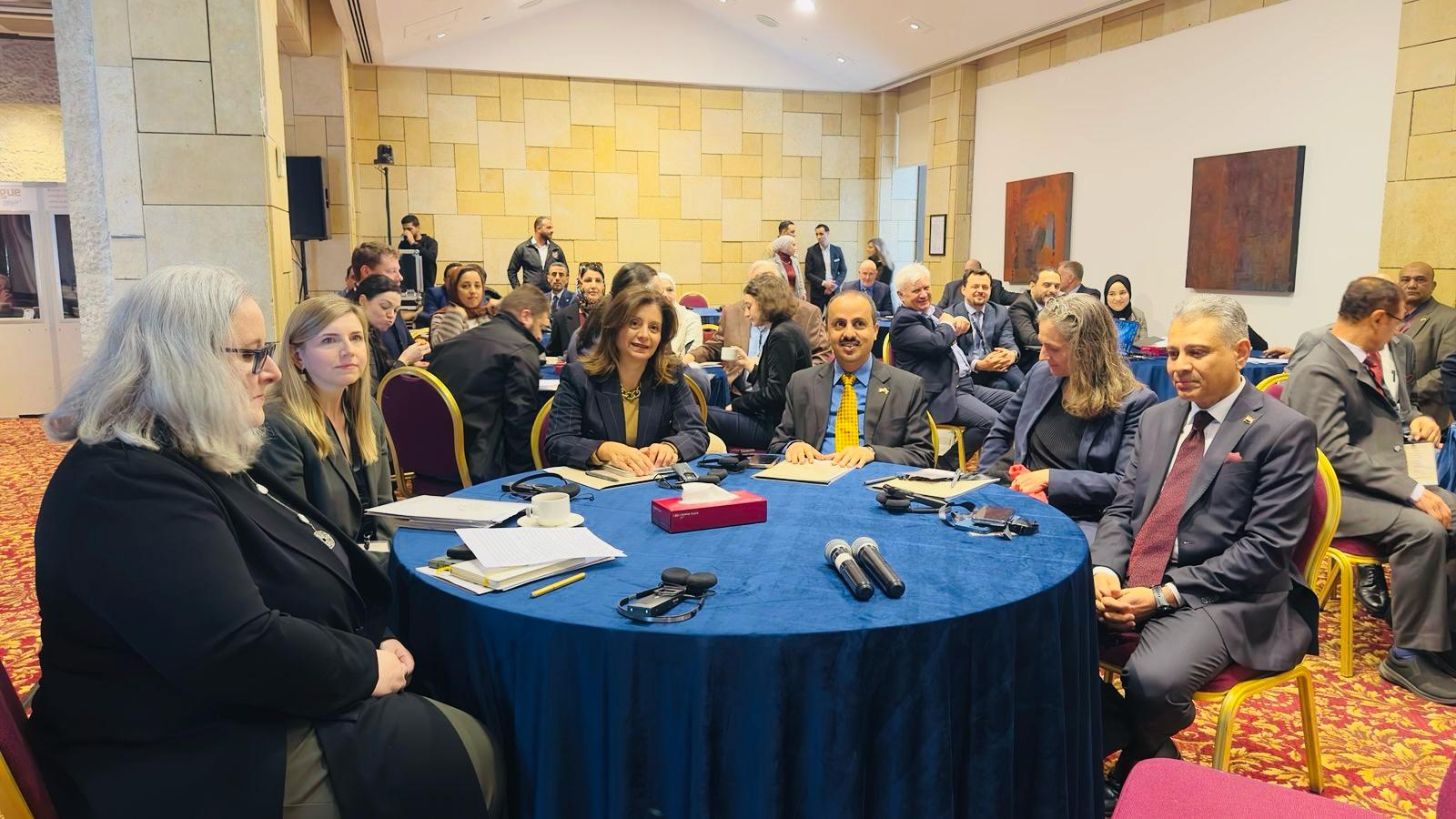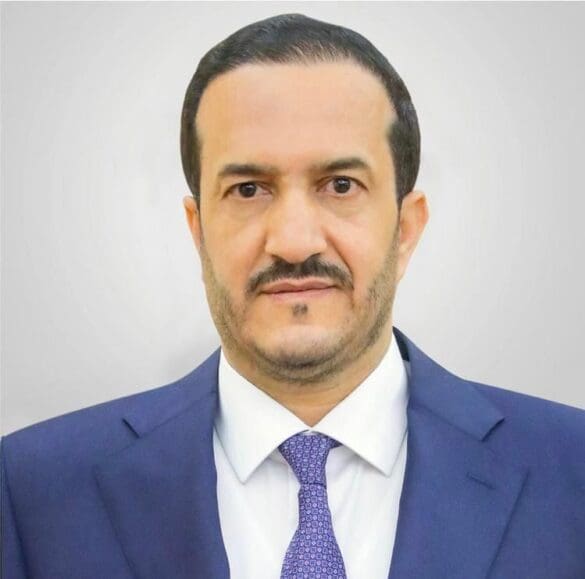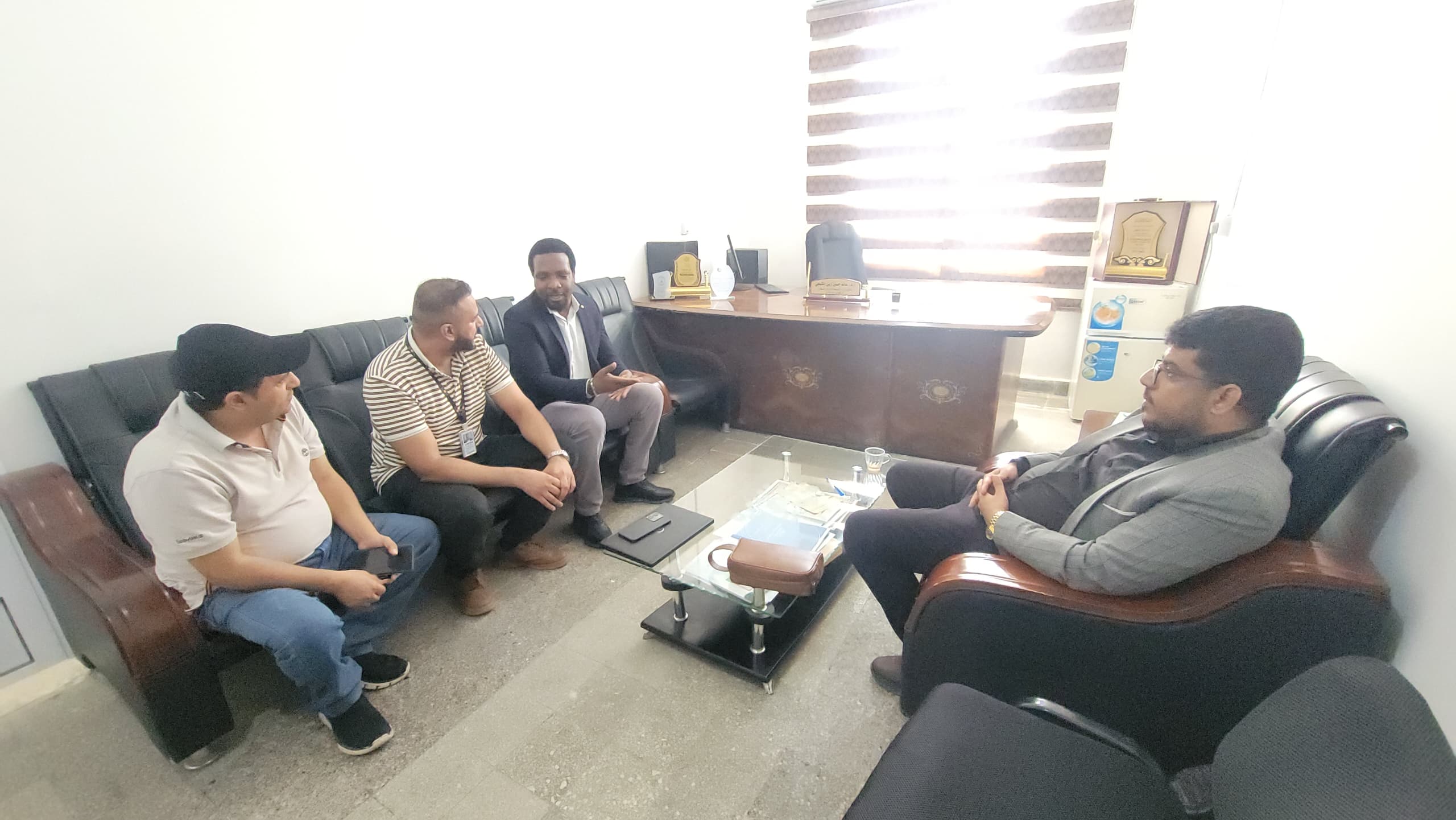In a significant event held in Amman, Jordan, Yemen’s Minister of Information, Culture, and Tourism, Muammar Al-Eryani, alongside HRH Princess Dana Firas, President of the National Association for the Preservation of Petra and UNESCO Goodwill Ambassador for Cultural Heritage, inaugurated a workshop aimed at preventing the illegal trade of Yemeni cultural properties. This workshop focuses on law enforcement training and is organized by the American Council of Foreign Research Centers and the American Institute for Research on Civilizations.
Importance of the Workshop
During his opening remarks, Al-Eryani expressed his gratitude for the opportunity to participate in this vital workshop. He noted that the event aligns with a grant to implement the Cultural Property Agreement between Yemen and the United States, supported by the U.S. Department of State through its embassy in Yemen.
Al-Eryani emphasized Yemen’s rich history and unique cultural heritage, which includes invaluable archaeological treasures that form an integral part of the Yemeni identity. He lamented the systematic looting and trafficking of Yemeni artifacts by Houthi militias, describing it as not only driven by greed but also as part of a criminal scheme aimed at erasing Yemeni identity and exploiting cultural heritage for financial gain.
Houthi Militias as Criminal Networks
The minister characterized the Houthi militia as more than just an armed insurgent group; he described them as a comprehensive criminal network engaged in the theft, trafficking, and sale of artifacts. He asserted that trading in Yemen’s cultural heritage constitutes a direct assault on history and the identity of future generations.
U.S.-Yemen Agreement on Cultural Heritage Protection
Al-Eryani highlighted the agreement between Yemen and the United States, which aims to protect Yemeni artifacts from smuggling and illegal exploitation. He praised this agreement as a model for international cooperation, noting that it has enabled Yemen to recover dozens of stolen artifacts.
Goals of the Workshop
The primary objective of the workshop is to develop a clear action plan that culminates in the establishment of a specialized police force dedicated to combating artifact smuggling. This force will possess the authority to address these crimes effectively. The workshop aims to enhance collaboration among ministries, security agencies, judicial bodies, and cultural institutions to combat the trafficking and sale of artifacts. It will also establish strict monitoring mechanisms to prevent the export of artifacts and track those that have been smuggled.
A Collective Responsibility
Al-Eryani stressed that preserving Yemen’s heritage is not just a national duty but a global humanitarian obligation. He pointed out that Yemeni civilization belongs to all humanity and that everyone shares the responsibility to safeguard this invaluable heritage for future generations. He urged collective action against anyone who seeks to exploit or trade in these cultural treasures for terrorist purposes.
Acknowledgments and Hopes for the Future
The minister expressed his gratitude to the U.S. government, particularly the State Department and the U.S. Embassy in Yemen, for their support in establishing the agreement to protect Yemeni artifacts. He also thanked Dr. Zaidon Zaid, Executive Director of the American Institute for the Study of Civilizations, for his contributions to organizing the workshop.
Al-Eryani extended his appreciation to HRH Princess Dana Firas for her patronage and attendance at the workshop, as well as to the Jordanian government and people for their hospitality. He commended the presence of representatives from various ministries and institutions, highlighting their shared belief in the collective responsibility to preserve cultural heritage.
Princess Dana Firas’ Remarks
In her address, Princess Dana Firas expressed her delight at the workshop’s opening and welcomed the Yemeni guests. She acknowledged Yemen as the cradle of civilization and a source of many treasures that are now vulnerable to looting and trafficking. She underscored the need to enhance enforcement capabilities and work tirelessly to combat artifact trafficking, emphasizing that this responsibility transcends national borders.
U.S. Support for Cultural Initiatives
Jennifer Sutton, the Cultural Attaché at the U.S. Embassy in Yemen, confirmed that the workshop responds to a request from the Yemeni government, emphasizing the importance of supporting efforts to combat artifact smuggling and enforce the law. She reiterated the United States’ commitment to supporting various cultural initiatives in Yemen.
The workshop marks a crucial step towards protecting Yemen’s rich cultural heritage from illegal trade and exploitation. It aims to foster international cooperation and strengthen local capacities to safeguard invaluable artifacts for future generations.
The event was attended by Yemen’s Ambassador to Jordan, Dr. Jalal Faqira, the Dutch Ambassador to Yemen, Jean Georgien Sieben, and representatives from the U.S. State Department.
To follow the news in Arabic



